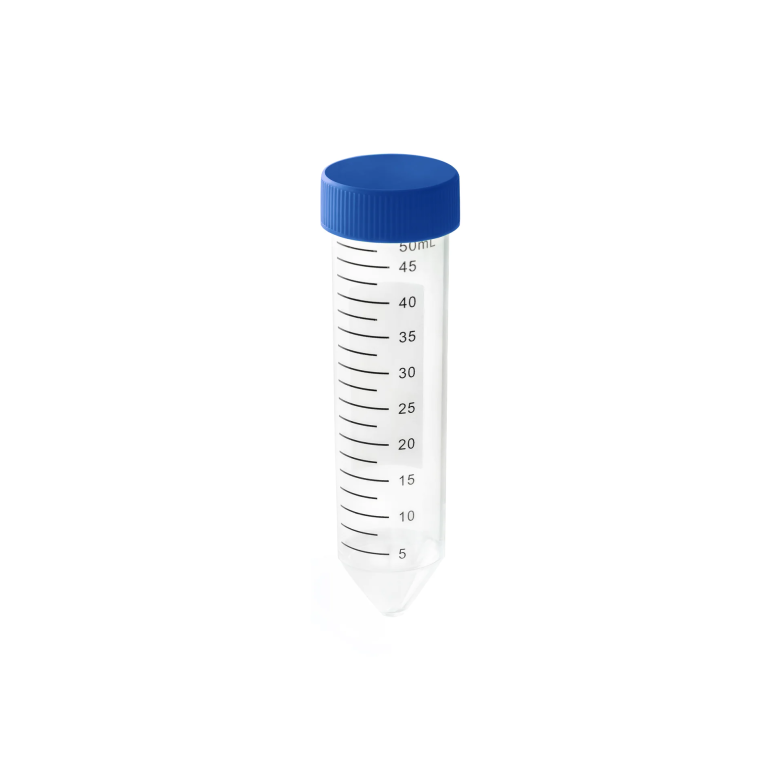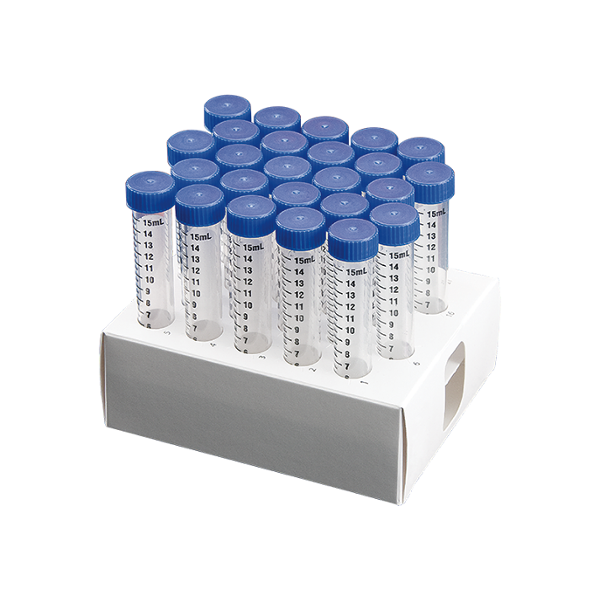Yes, PCR tubes are typically made of polypropylene plastic. Here are some key reasons why polypropylene is the standard material for PCR tubes:
– Heat resistance – Polypropylene has a high melting point (160°C) which allows it to withstand the high temperatures used in PCR thermal cycling without deforming.
– Chemical resistance – Polypropylene is resistant to acids, bases, alcohols, and other chemicals used in PCR reagents. It won’t degrade or leach chemicals.
– Optical clarity – Polypropylene is optically clear and allows the contents of the tube to be visualized.
– Non-stick surface – The smooth surface of polypropylene prevents biomolecules like enzymes and nucleic acids from sticking to the sides. This improves reaction efficiency.
– Inertness – Polypropylene is chemically inert and does not react with or absorb PCR components. This prevents interference with the reaction.
– Serializability – Polypropylene can withstand autoclaving and chemical sterilization methods to keep tubes contaminant-free.
– Strength and rigidity – Polypropylene is rigid enough to maintain tube shape through thermal cycling but with some flexibility.
– Cost-effectiveness – Polypropylene is an inexpensive plastic that keeps PCR consumable costs down.
So in summary, polypropylene’s unique properties make it the ideal choice for PCR reactions compared to other plastics. Its widespread use contributes to consistency across protocols and laboratories.


